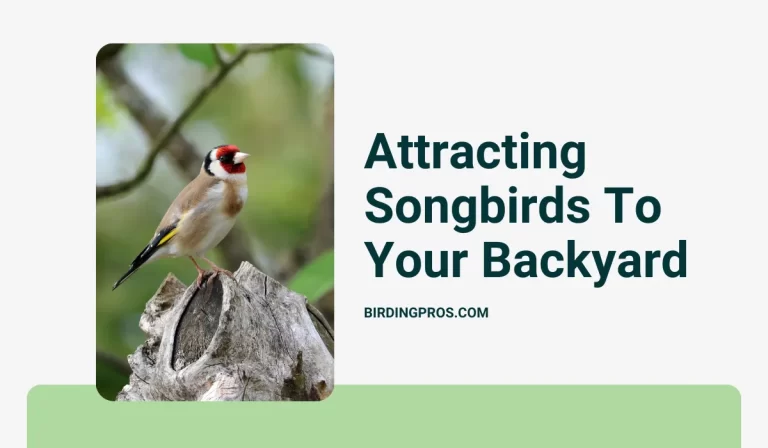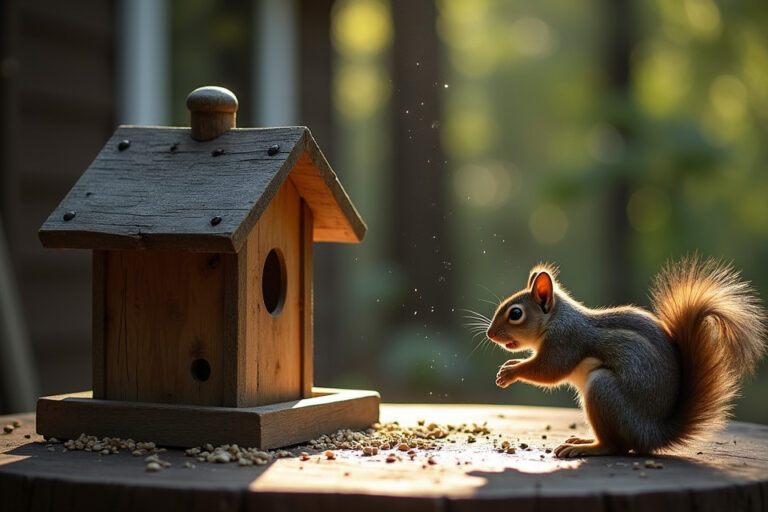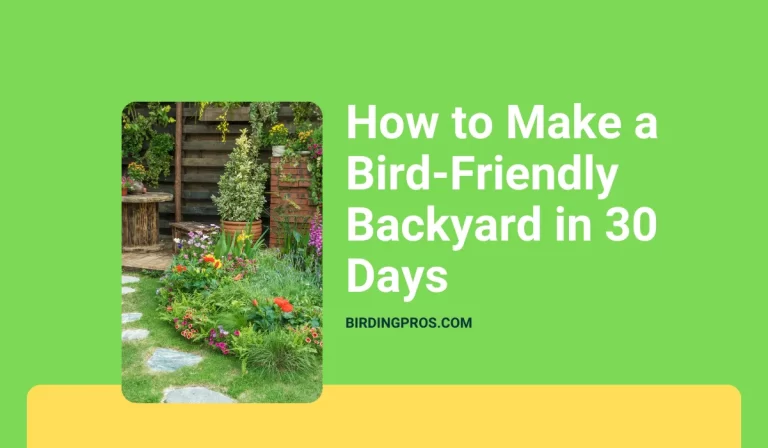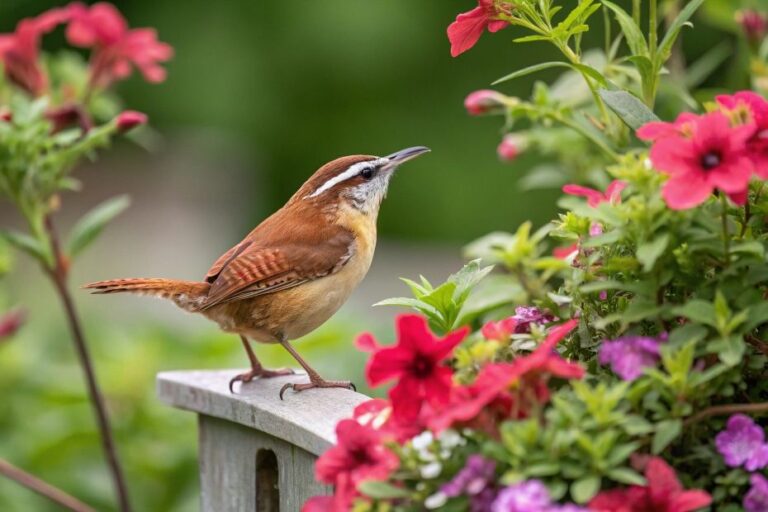Pet Bird Food Guide: Pros and Cons
Basics of avian nutrition to exploring different types of bird food and learning how to create a balanced diet, we’ve covered a lot of ground.
Table of Contents
The Importance of Proper Nutrition for Pet Birds
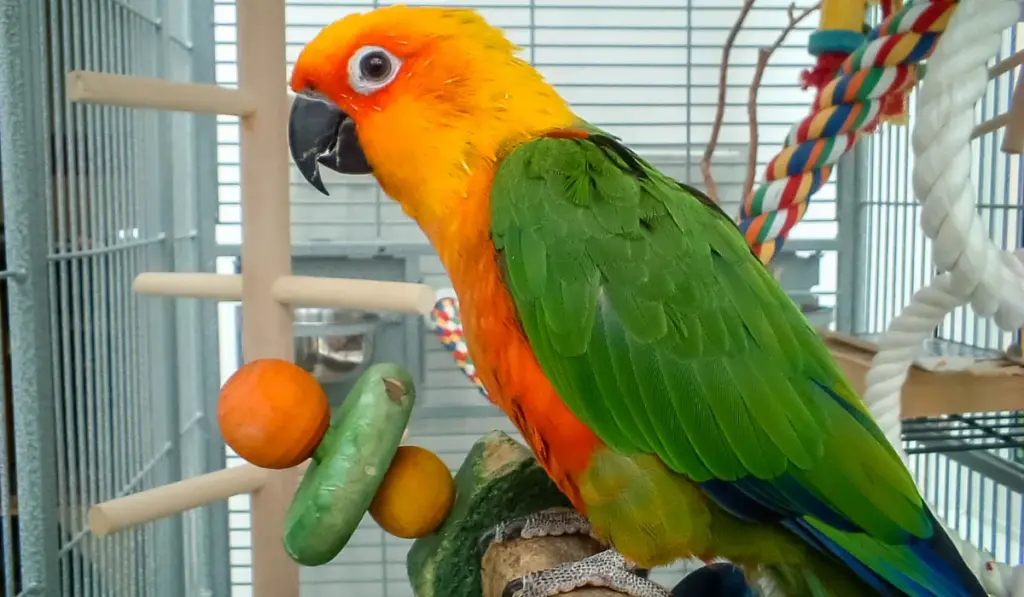
Have you ever watched your pet bird eagerly peck at its food bowl and wondered if you’re providing the best possible nutrition? As a bird owner, you’re not alone in this concern.
The world of pet bird food can seem like a complex maze of seeds, pellets, and fresh foods, each claiming to be the best for your feathered friend. But fear not!
Understanding Bird Nutrition: The Building Blocks of a Healthy Diet
The Basics of Avian Nutritional Needs
Dr. Abu Naser, an avian veterinarian with over 20 years of experience, explains, “Birds have incredibly fast metabolisms and high energy needs.
In the wild, they spend a large portion of their day foraging for a variety of foods. As pet owners, we need to replicate this dietary diversity to ensure our birds receive all the necessary nutrients.”
The key components of a balanced bird diet include:
- Proteins: Essential for growth, feather production, and overall health
- Carbohydrates: Provide energy for daily activities
- Fats: Important for energy storage and vitamin absorption
- Vitamins: Crucial for various bodily functions and immune health
- Minerals: Necessary for bone health, feather quality, and metabolic processes
Species-Specific Dietary Needs
It’s important to note that different bird species have evolved to eat different diets in the wild, and these natural dietary patterns should inform how we feed our pet birds.
For instance, Dr. Naser points out, “Seed-eating birds like finches and canaries have different nutritional needs compared to omnivorous parrots or fruit-eating lories. Understanding your bird’s natural diet is the first step in providing appropriate nutrition.”
Here’s a quick overview of dietary tendencies for common pet bird groups:
- Parrots (including budgies, cockatiels, and macaws): Omnivorous, requiring a mix of seeds, fruits, vegetables, and protein sources
- Finches and Canaries: Primarily seed-eaters, but benefit from some fresh fruits and vegetables
- Lories and Lorikeets: Specialized diet high in nectar and fruits
- Doves and Pigeons: Primarily grain and seed-eaters
Types of Pet Bird Food: Pros, Cons, and Considerations
Now that we’ve covered the basics of bird nutrition, let’s explore the main types of pet bird food available and their roles in a balanced diet.
Seeds: The Traditional Staple
For many bird owners, seeds have long been the go-to food for their feathered friends. After all, wild birds eat seeds, right? While seeds do play a role in many birds’ diets, relying solely on seeds can lead to nutritional imbalances.
Pros of seed-based diets:
- Appealing to most birds
- Can provide some essential fats and proteins
- Allows for foraging behavior
Cons of seed-based diets:
- Often high in fat and low in essential nutrients
- Birds may selectively eat only their favorite seeds, leading to imbalances
- Can lead to obesity and related health issues if overfed
Dr. Michael Lee, an animal nutritionist specializing in exotic pets, warns, “Many pet birds on seed-only diets suffer from malnutrition, even if they appear to be eating well. Seeds should be part of a varied diet, not the sole food source.”
Pellets: The Nutritionally Balanced Option
In recent years, pelleted diets have gained popularity among bird owners and avian veterinarians alike. These formulated diets aim to provide a balanced mix of nutrients in each bite.
Pros of pellet-based diets:
- Nutritionally balanced to meet most birds’ needs
- Prevent selective eating
- Available in formulations for different species and life stages
Cons of pellet-based diets:
- Some birds may resist switching to pellets
- Less opportunity for foraging behavior
- Quality can vary between brands
Dr. Johnson recommends, “For many pet birds, a high-quality pelleted diet should make up about 75-80% of their food intake, supplemented with fresh foods and occasional treats.”
Fresh Foods: Nature’s Variety Pack
Incorporating fresh fruits and vegetables into your bird’s diet not only provides essential nutrients but also adds variety and enrichment to their daily routine.
Pros of fresh foods:
- Provide a wide range of vitamins and minerals
- Offer mental stimulation and encourage natural foraging behaviors
- Can be tailored to individual bird preferences
Cons of fresh foods:
- Require daily preparation
- Some fruits and vegetables can be harmful to birds
- Need to be removed promptly to prevent spoilage
Emily Thompson, a long-time parrot owner and bird nutrition enthusiast, shares, “Introducing my African Grey to a variety of fresh foods was a game-changer. Not only did his feathers become more vibrant, but he also became more active and engaged.”
Treats and Supplements: The Extras
While not a staple of the diet, treats and supplements can play a role in your bird’s nutrition and well-being when used appropriately.
Pros of treats and supplements:
- Can be used for training and bonding
- Supplements can address specific nutritional needs
- Provide variety and enrichment
Cons of treats and supplements:
- Easy to overfeed, leading to nutritional imbalances
- Some commercial treats may be high in sugar or unhealthy fats
- Supplements should only be used under veterinary guidance
Dr. Lee advises, “Treats should make up no more than 10% of a bird’s daily food intake. Choose healthy options like small pieces of fruit or vegetables, and avoid sugary or fatty treats.”
Read More: How Much Bigger are Ravens Than Crows? See The Comparison
Homemade pet bird food recipes: Creating a balanced diet
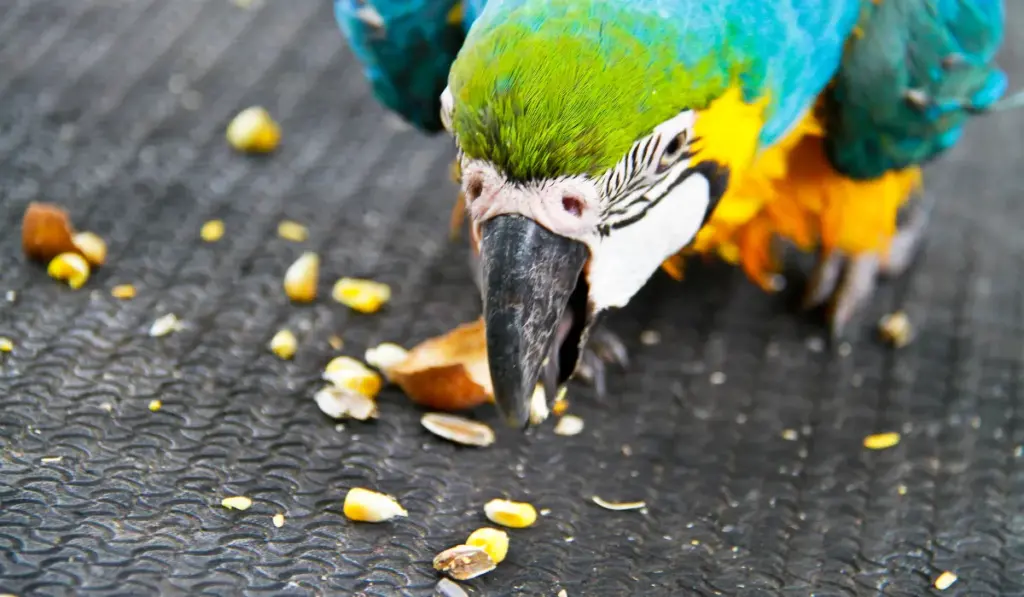
Now that we’ve explored the various components of pet bird food, how do you create a balanced diet for your feathered friend? The key lies in variety and moderation.
The 70-20-10 Rule
Many avian experts recommend following a rough 70-20-10 rule for pet bird diets:
- 70% high-quality pellets
- 20% fresh fruits and vegetables
- 10% seeds and treats
Of course, these percentages can vary depending on your bird’s species, age, health status, and individual needs. Always consult with an avian veterinarian to create a diet plan tailored to your specific bird.
Sample Menu for a Pet Parrot
To give you an idea of how this might look in practice, here’s a sample daily menu for a medium-sized parrot like an African Grey or Amazon:
| Morning | Midday | Evening |
| 2 tablespoons of high-quality pellets | Fresh vegetable mix (e.g., chopped carrots, leafy greens, bell peppers) | 2 tablespoons of pellets |
| Small piece of apple or berries | Small amount of cooked whole grain (e.g., quinoa or brown rice) | Small portion of lean protein (e.g., cooked chicken or hard-boiled egg) |
This is just an example. Your bird’s specific diet should be tailored to its individual needs and preferences.
The Role of Foraging in Pet Bird Nutrition
In the wild, birds spend a significant portion of their day foraging for food. This natural behavior not only provides physical exercise but also mental stimulation.
As pet owners, we should strive to incorporate foraging opportunities into our birds’ daily routines.
Benefits of Foraging
Encouraging foraging behaviors can:
- Reduce boredom and prevent destructive behaviors
- Provide mental stimulation and enrichment
- Increase physical activity, helping to maintain a healthy weight
- Mimic natural behaviors, contributing to overall well-being
Foraging Ideas for Pet Birds
- Use puzzle feeders or foraging toys to dispense food
- Hide small amounts of food in different areas of the cage
- Wrap food items in bird-safe paper for your pet to unwrap
- Offer a variety of textures and sizes of food to encourage exploration
Emily Thompson shares her experience: “When I started hiding my cockatiel’s favorite treats in foraging toys, I noticed a significant improvement in his mood and activity level. It’s like I unlocked a new level of engagement with him!”
The Impact of Diet on Bird Health and Behavior
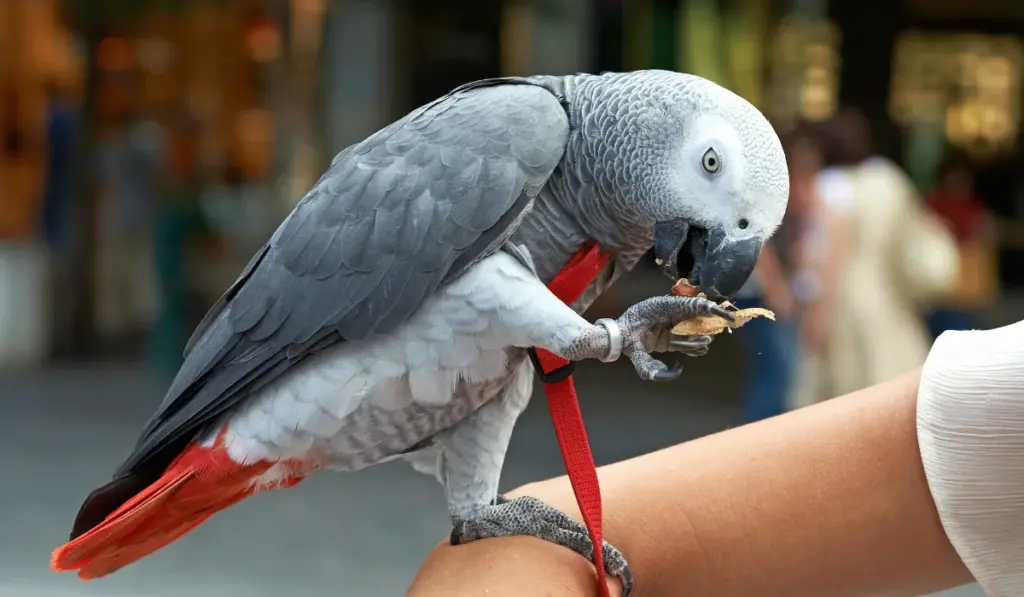
The saying “you are what you eat” applies just as much to our feathered friends as it does to us. A proper diet can have a profound impact on your bird’s health, behavior, and overall quality of life.
Physical Health Benefits
A balanced diet can lead to:
- Improved feather quality and coloration
- Healthy weight maintenance
- Stronger immune system
- Better reproductive health
- Reduced risk of nutritional deficiencies and related diseases
Behavioral and Mental Health Benefits
Proper nutrition can also positively influence your bird’s behavior and mental state:
- Increased energy and activity levels
- Reduced aggressive or destructive behaviors
- Improved mood and sociability
- Enhanced cognitive function and problem-solving abilities
Conclusion: Nourishing Your Feathered Friend for a Lifetime of Health
As we conclude our journey through the world of pet bird food, I hope you’ve gained valuable insights into the nutritional needs of your feathered friend. Remember, providing a balanced, varied diet is one of the most important things you can do to ensure your bird’s health, longevity, and happiness.
But the learning doesn’t stop here. As a responsible bird owner, it’s important to stay informed about advancements in avian nutrition and to regularly consult with your veterinarian about your bird’s dietary needs.

